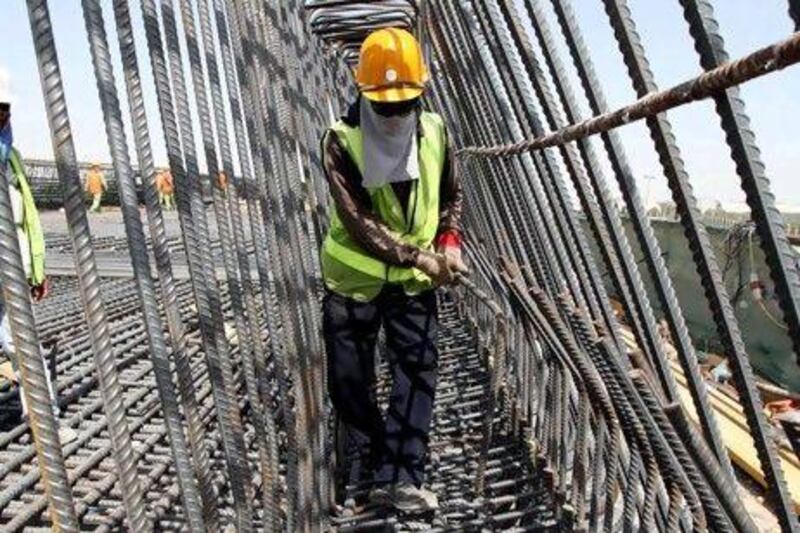For centuries Libya, Egypt and parts of modern-day Iraq formed some of the most important outposts of the Ottoman Empire. From their borders trade flourished and commercial bridges were forged.
Today, Turkey is forging new relationships with these same countries as it seeks to assist in large-scale reconstruction and development after years of under-investment and more recently the populist uprisings of the Arab Spring.
In the coming months, Turkish companies are hoping to secure billions of dollars of deals suspended since unrest erupted and earn new contracts in Arab Spring economies and others.
"Turkey is an increasingly important economic partner with the Arab world and its presence and investment in the Middle East is welcome," said Jassim Al Mannai, the director general of the Arab Monetary Fund.
Last week, Turkey's prime minister Recep Tayyip Erdogan led a tour to Egypt, Tunisia and Libya accompanied by scores of leading businessmen. It was the highest profile visit to the three nations since their leaders were deposed in uprisings.
Executives from Turkcell, the country's biggest mobile phone company, the banking giant Akbankand the conglomerate Taha were among those making the trip.
Capitalising on Mr Erdogan's popularity in the Arab world, businesses are positioning themselves to benefit from the return of business life in post-revolution regimes.
Turkey has a long history of commercial ties with the Middle East.
In modern times, those links have swelled as Turkish builders and manufacturers have tapped their neighbours for business. From the Turkish contractor Yapi Merkezi's involvement in building the Dubai Metro, to Turkish products adorning the shelves of grocery stores in Iraq, Turkish businesses have muscled their way into Arab economies.
But some of the country's commercial interests were thrown into uncertainty by the unrest unfolding in the region.
Turkish contracts in Libya worth US$18.5 billion (Dh67.9bn) were threatened when the violence erupted in February. About 140 Turkish companies, mostly involved in construction, were working on projects worth billions of dollars when fighting broke out in Libya. About 25,000 Turkish workers were evacuated.
Turkish companies were owed $1.4bn in unpaid bills in Libya and own machinery worth almost $1bn, the Turkish-Libyan Business Council has told Turkish media.
Exports to Libya, Egypt and Tunisia have also slid since unrest first flared in the region in December.
The recent tour aimed to arrest the downward trend. "The current strong cooperation should be improved on the eve of a new era in the region," said the Turkish Exporters' Assembly.
Turkish investment in the Arab Spring reconstruction could also prove crucial as US and Europe remain focused on overturning sluggish economic growth and debt troubles, say analysts.
Many Turkish companies, meanwhile, are seeking to expand, buoyed by a domestic economy expected to accelerate by 4.6 per cent this year.
Turkey's bid for a leading role in the reconstruction efforts comes as the country's rapidly emerging economy faces a squeeze from crises threatening commerce with neighbouring Europe and Syria.
A tightening crackdown on protesters by Bashar Al Assad, the Syrian president, since April has put at risk rising one-way trade with the country.
As much as $1bn of exports went to Syria in the first half of the year. The country also acted as a road route for Turkish lorries to transport goods onwards to the Gulf.
In Europe, a sovereign debt impasse is clouding the outlook of commerce with Turkey's main trading partner. Nearly half of Turkish goods are consumed in the EU.






